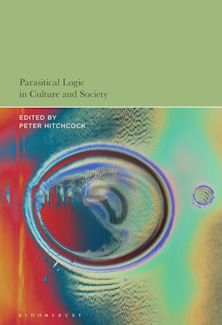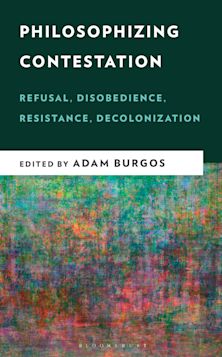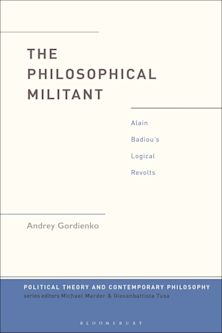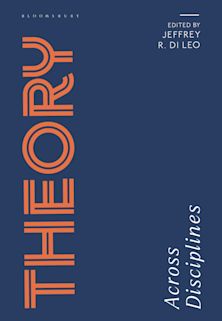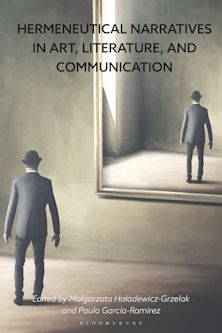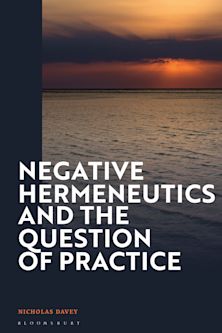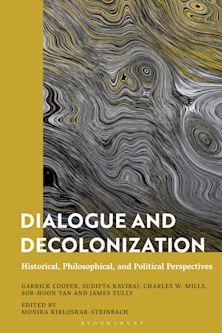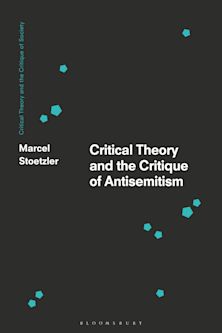Environmental Humanities
Voices from the Anthropocene
- Textbook
Environmental Humanities
Voices from the Anthropocene
- Textbook
This product is usually dispatched within 1 week
- Delivery and returns info
-
Free CA delivery on orders $40 or over
Description
This important volume brings together scientific, cultural, literary, historical, and philosophical perspectives to offer new understandings of the critical issues of our ecological present and new models for the creation of alternative ecological futures.
At a time when the narrative and theoretical threads of the environmental humanities are more entwined than ever with the scientific, ethical, and political challenges of the global ecological crisis, this volume invites us to rethink the Anthropocene, the posthuman, and the environmental from various cross-disciplinary viewpoints. The book enriches the environmental debate with new conceptual tools and revitalizes thematic and methodological collaborations in the trajectory of ecocriticism and the environmental humanities. Alliances between the humanities and the social and natural sciences are vital in addressing and finding viable solutions to our planetary predicaments. Drawing on cutting-edge studies in all the major fields of the eco-cultural debate, the chapters in this book build a creative critical discourse that explores, challenges and enhances the field of environmental humanities.
Table of Contents
Product details
| Published | Dec 15 2016 |
|---|---|
| Format | Hardback |
| Edition | 1st |
| Extent | 392 |
| ISBN | 9781783489381 |
| Imprint | Rowman & Littlefield Publishers |
| Dimensions | 240 x 158 mm |
| Series | Rowman and Littlefield International – Intersections |
| Publisher | Bloomsbury Publishing |












